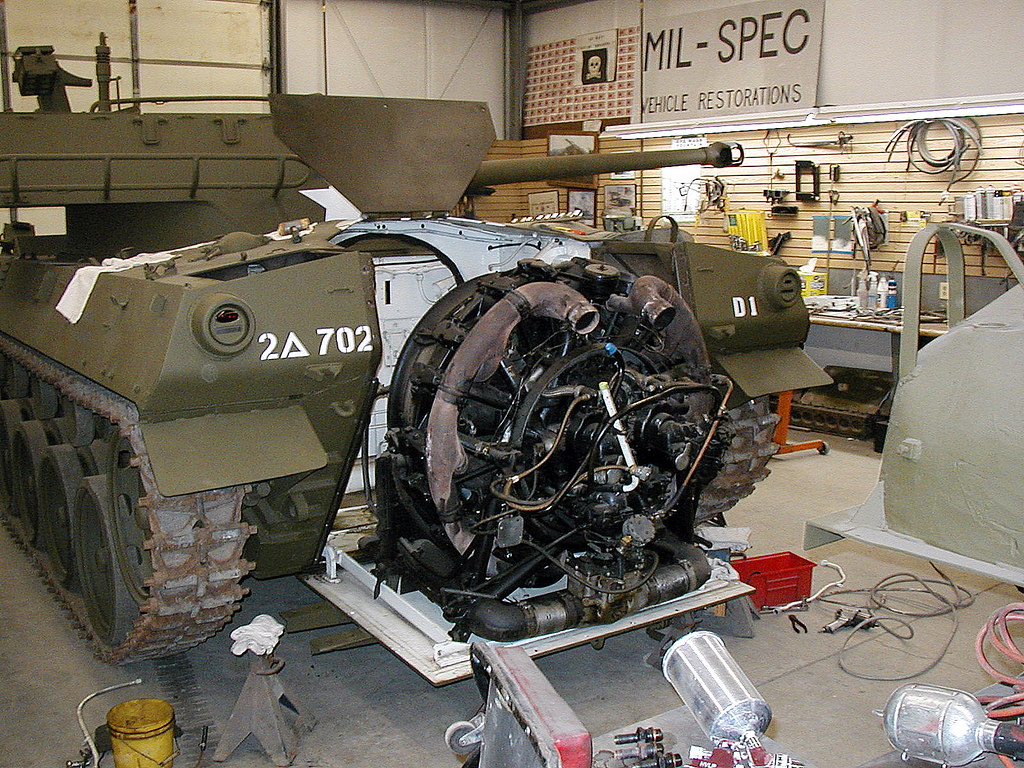So, in the Pacific, the clock is ticking down to midnight, everyone is waiting for the other shoe to drop - and no-one has quite guessed just how ambitious the Japanese plans really are. Eyes are fixed on the South China Sea, and the USN is in for a very nasty surprise...
Interesting that Adm Phillips effectively regards himself as at war on the 6th. If he got his ships moving immediately to intercept the Japanese convoy, they might just arrive in time to interdict the Kota Bharu landings (OTL Force Z didn't leave Singapore until the afternoon of the 8th, and the Japanese transports had unloaded and withdrawn before Force Z had reached the area).
The naval balance of power is interesting - TTL Force Z has air cover, and even Fulmars will make a nasty mess of unescorted Nells and Bettys arriving in penny packets. OTOH, an organised squadron-scale attack may well get enough planes through to score at lest some hits. With four battleships, the RN severely outgun anything available to the IJN in the Gulf of Siam before Kido Butai gets back from its Hawaiian cruise - but the IJN do have a lot of cruisers and destroyers, Force Z is short of escorts (particularly if it breaks up into "fast" and "slow" components), and while the IJN may have been poor at ASW, in 1942 they were probably the best in the world at night-fighting. A night torpedo attack on Phillips's ships could get very sticky.
On land, I suspect everything will depend on whether the British react immediately when the balloon goes up or whether they're still caught enough on the back foot that the Japanese have time to land, seize airfield and the roads on the Kra Isthmus. If that happens, the British are unlikely to be able to contain them with the forces available in northern Malaya and it's a retreat southwards at least until the Australian units can get to the front line. The tanks are likely to be really useful for busting roadblocks and defending airfields, not so much at stopping infiltration through the jungle.
Also interesting that after all the speculation the situation on the Tunisian border was resolved simply, bloodlessly and without technically compromising Vichy neutrality. Weygand still has his colours nailed to the fence, and he must be praying that nothing else (like an Axis demand for use of airfields in Tunisia) happens to knock him off his precarious perch.
So - if there's no ongoing North African campaign to reinforce, do the US bother even planning Torch - or do they let sleeping French hens lie and go straight for Sicily or even mainland Europe? Invading Sicily without Tunisia as a base is awkward, as is sending troop/supply convoys though the Med without neutralising Sicily. So might they ignore Churchill's Mediterranean ambitions outright and target a landing in Northern France for 1943?
Interesting that Adm Phillips effectively regards himself as at war on the 6th. If he got his ships moving immediately to intercept the Japanese convoy, they might just arrive in time to interdict the Kota Bharu landings (OTL Force Z didn't leave Singapore until the afternoon of the 8th, and the Japanese transports had unloaded and withdrawn before Force Z had reached the area).
The naval balance of power is interesting - TTL Force Z has air cover, and even Fulmars will make a nasty mess of unescorted Nells and Bettys arriving in penny packets. OTOH, an organised squadron-scale attack may well get enough planes through to score at lest some hits. With four battleships, the RN severely outgun anything available to the IJN in the Gulf of Siam before Kido Butai gets back from its Hawaiian cruise - but the IJN do have a lot of cruisers and destroyers, Force Z is short of escorts (particularly if it breaks up into "fast" and "slow" components), and while the IJN may have been poor at ASW, in 1942 they were probably the best in the world at night-fighting. A night torpedo attack on Phillips's ships could get very sticky.
On land, I suspect everything will depend on whether the British react immediately when the balloon goes up or whether they're still caught enough on the back foot that the Japanese have time to land, seize airfield and the roads on the Kra Isthmus. If that happens, the British are unlikely to be able to contain them with the forces available in northern Malaya and it's a retreat southwards at least until the Australian units can get to the front line. The tanks are likely to be really useful for busting roadblocks and defending airfields, not so much at stopping infiltration through the jungle.
Also interesting that after all the speculation the situation on the Tunisian border was resolved simply, bloodlessly and without technically compromising Vichy neutrality. Weygand still has his colours nailed to the fence, and he must be praying that nothing else (like an Axis demand for use of airfields in Tunisia) happens to knock him off his precarious perch.
So - if there's no ongoing North African campaign to reinforce, do the US bother even planning Torch - or do they let sleeping French hens lie and go straight for Sicily or even mainland Europe? Invading Sicily without Tunisia as a base is awkward, as is sending troop/supply convoys though the Med without neutralising Sicily. So might they ignore Churchill's Mediterranean ambitions outright and target a landing in Northern France for 1943?
